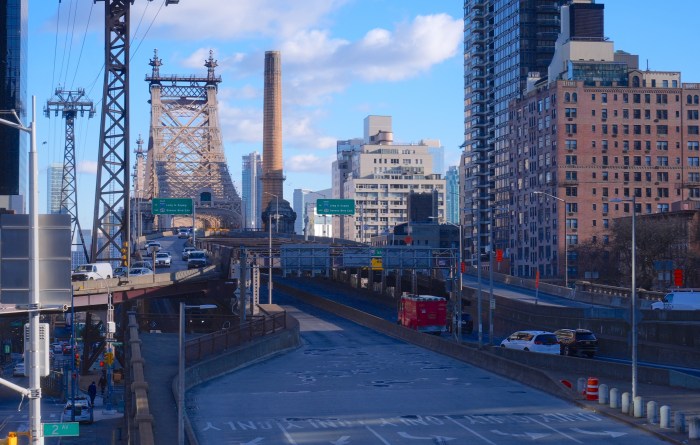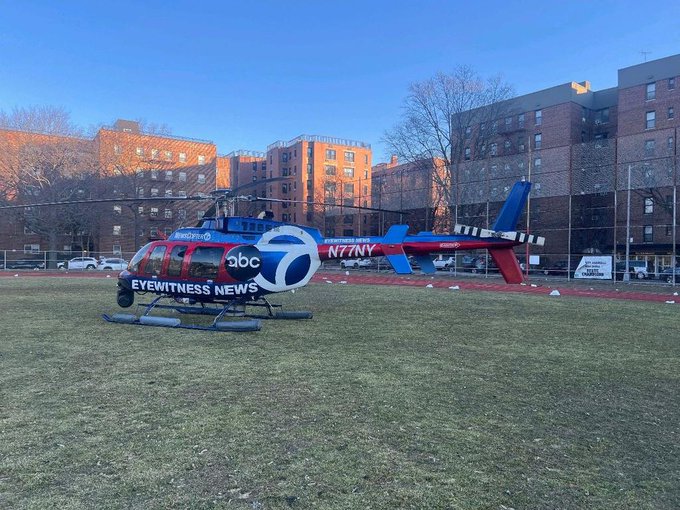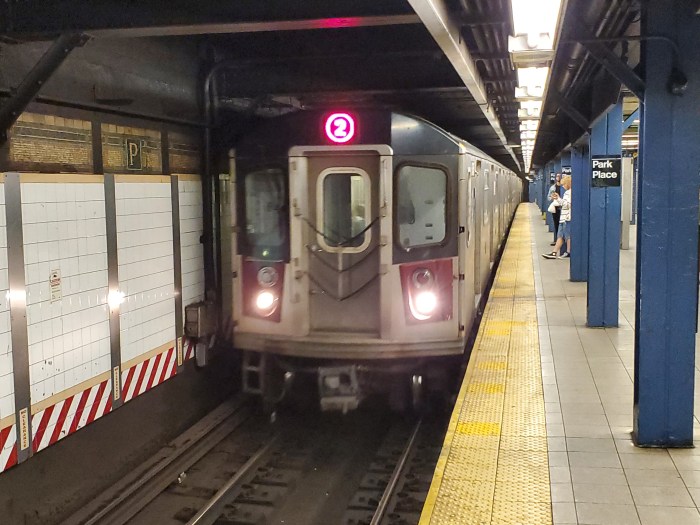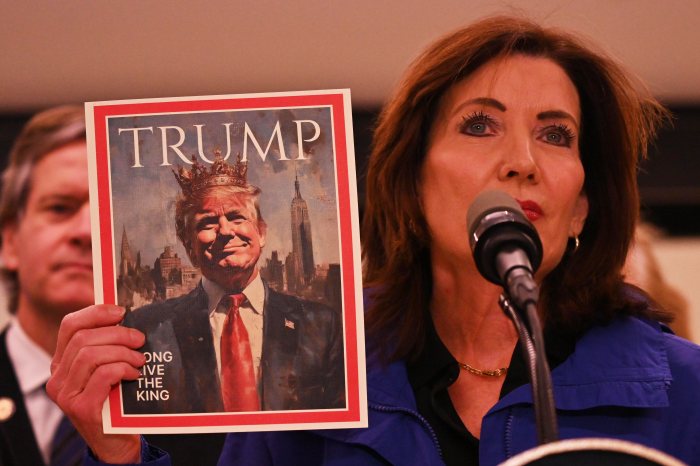Mayor Bill de Blasio has again passed on funding discounted MetroCards for low-income city residents, despite resounding support for the idea from advocates and the City Council and its speaker.
The mayor’s executive budget for Fiscal Year 2019, unveiled Thursday, did not include the $212 million proposed in the Council’s budget response to subsidize half-fare MetroCards for the 800,000 city residents living at or below the federal poverty line.
De Blasio reiterated that he liked the proposal but felt the city shouldn’t have to foot the bill — that the state should pay for it through his own proposed millionaire’s tax to fund the MTA’s transportation needs.
“On the Fair Fare[s], look, you know where I stand. I believe in the idea. I have said constantly I don’t think it’s the city’s responsibility to pay for it. I think it’s the MTA’s responsibility,” de Blasio said after his budget presentation at City Hall on Thursday. “I think the millionaire’s tax is the best way to pay for everything the MTA needs.”
City Council Speaker Corey Johnson disagrees and has described a city-funded Fair Fares initiative as a key negotiating point during this year’s budget talks. De Blasio signaled that he’d be having “respectful” discussions with the Council over the next few weeks to hammer out its requests before the $89 billion budget is adopted.
“We’re going to talk to the Council. It’s a fair proposal, meaning it’s a legitimate, meaningful proposal,” de Blasio continued. The mayor declined to include the proposal in his last budget as well. “We’re going to talk to them and try and figure out between now and adoption what we’ll prioritize.”
Johnson, Daniel Dromm, the council finance chair, and Vanessa Gibson, the chair of the subcommittee on the capital budget, pointed to close to $1 billion in additional revenue in this fiscal year as a potential source of funding for their remaining asks.
“The administration should use this additional revenue to institute Fair Fares to help our most vulnerable neighbors, fund a $400 property tax rebate for middle class homeowners, and put away $500 million in reserves to strengthen our financial position moving forward and increase our ability to weather future shocks,” they said in a joint statement.
Advocates from the two groups who have championed the proposal — Riders Alliance and the Community Service Society of New York — point out that the city already contributes money to subsidize MetroCards for students and seniors and that the administration would be best equipped to run such a program for low-income residents.
“We already have systems in place to do this perhaps better than any other municipality, with food stamps and all sorts of benefits the city offers — all the mechanisms are in place. We’re ready to go,” said David Jones, the president and CEO of the CSS.
The policy would save each applicant $726 annually. While it would cost much more to fund the program for all 800,000 low-income residents living in the city, the Community Service Society estimates that about 361,000 of those residents would take advantage of the discount, based on transit ridership data and take-up rates for social services like food stamps.
“This isn’t the end game. [There’s] another month or so of negotiations,” said Rebecca Bailin, campaign manager at Riders Alliance, “for something that can really help make the difference … it is perplexing that the mayor is stubbornly refusing to get on board with this if he wants to make New York City the fairest big city in America. He still can get on board and of course 800,000 New Yorkers are hoping he will.”



































